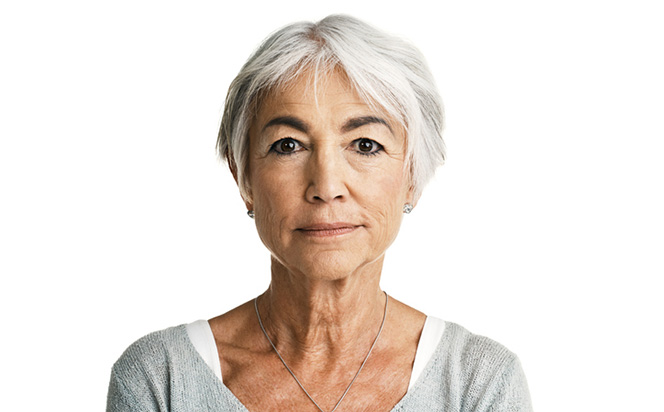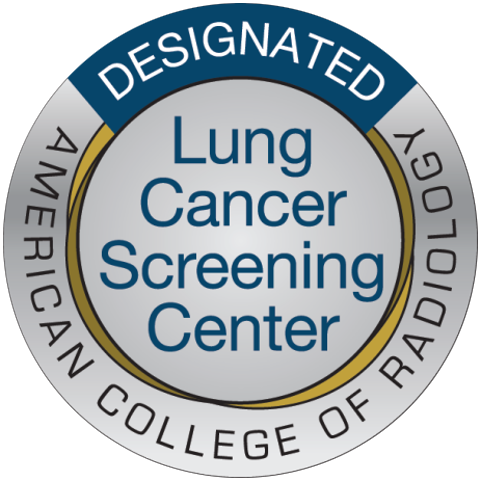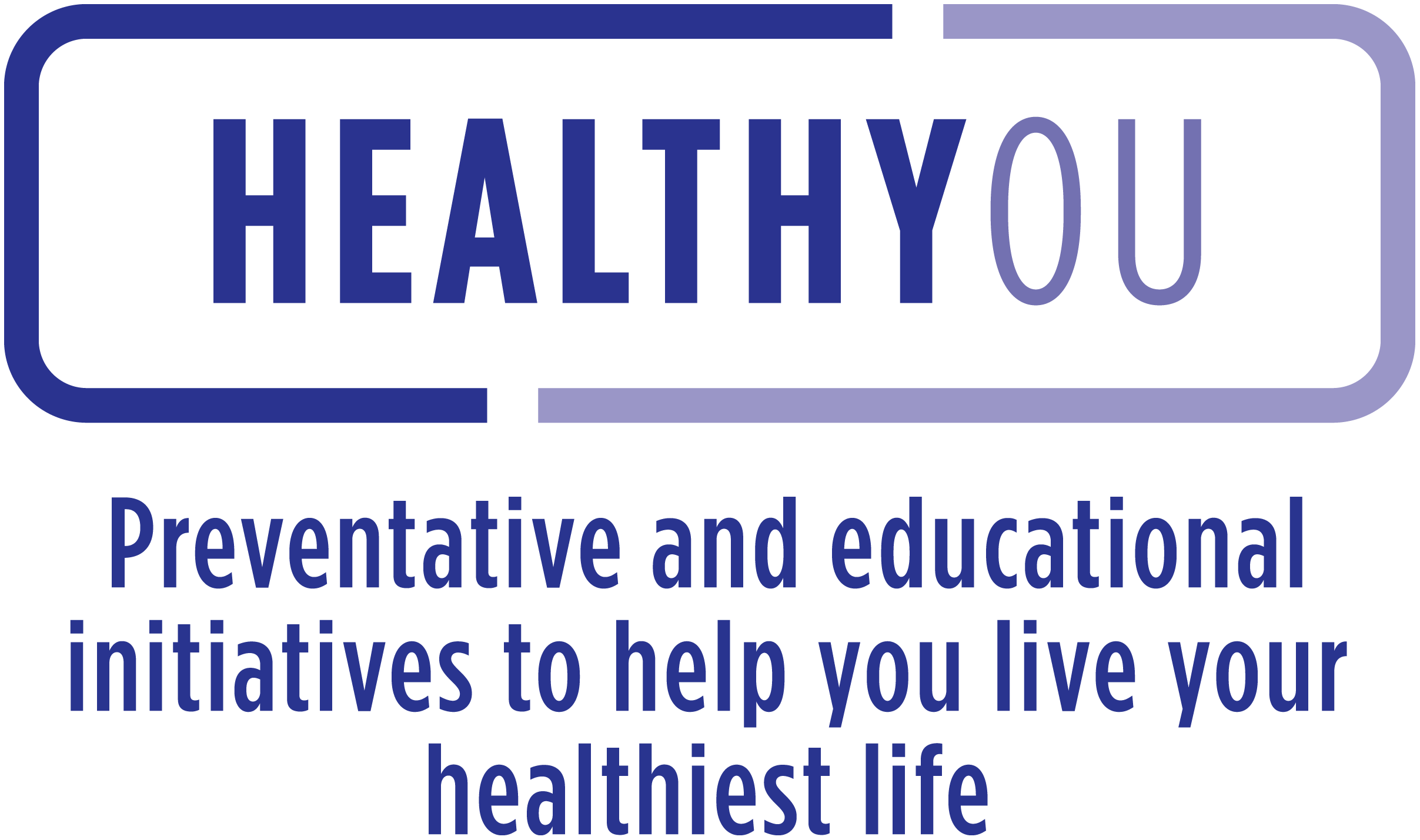Lung Cancer: Early detection is the key!
Lung cancer is the number one cancer killer in America. Every year, 200,000 Americans are diagnosed with lung cancer and 160,000 die from it. A big reason for this high death rate is that lung cancer symptoms oftentimes don’t appear until the cancer has reached an advanced stage.
The good news: Our low-dose CT (LDCT) lung cancer screening can detect cancer before you have symptoms and, when lung cancer is caught early and treated, the five-year survival rate can increase up to 90 percent.
Download Our Guide to Lung Cancer Prevention.
Our LDCT Lung Cancer Screening Program
LDCT stands for low-dose computer tomography, technology that uses a low dose of radiation to create images that can uncover cancer. The LDCT Lung Cancer Screening Program at UMass Memorial Health provides regular screenings to patients who are at risk for developing lung cancer. Through these examinations, we can proactively and safely screen patients for this disease, and even save lives. Be confident in also knowing that our Cancer Center is a regional leader in cancer detection, diagnosis and treatment. We have the services and specialists you need to achieve the best possible outcomes.

LDCT Lung Cancer Screening at a Glance
- Comfort: The LDCT screening exam is pain-free.
- Time: The entire examination takes less than 10 minutes and in most cases we can get you in and out in about a half hour.
- Safety: The procedure is non-invasive. This means there are no injections, no pills to swallow. The amount of radiation you receive is low and has minimal risk.
- Affordability: Most insurance plans cover LDCT lung cancer screening for those who qualify. With some plans you might have a portion of the cost you’re responsible for and your health insurance company can answer that for you.

UMass Memorial Health is a pioneer in LDCT lung cancer screening, and our program is a designated Lung Cancer Screening Center, accredited by the American College of Radiology.
LDCT Frequently Asked Questions
Low-dose computed tomography (LDCT) screening is covered by insurance. We’ll work with you to determine the full extent of your coverage.
- The LDCT examination itself takes less than 10 seconds; all in all it takes about 10 minutes.
- No medications are given, and no needles are used.
- You can eat and drink before and after the exam.
- You don't need to change your clothes as long as your shirt does not contain metal.
- You will be asked to hold your breath for approximately five seconds while the CT examination is being performed.
LDCT lung cancer screening is not a “one and done” test. Enrolling in our LDCT Lung Cancer Screening Program is a commitment to comply with follow-up recommendations, most often resulting in subsequent testing yearly.
We currently offer the LDCT lung cancer screening at the following locations:
- UMass Memorial Medical Center (University and Marlborough Campuses)
- UMass Memorial Health – HealthAlliance-Clinton Hospital (Clinton and Leominster Campuses)
- UMass Memorial Health – Harrington
There are some risks and limitations of LDCT lung cancer screening. Potential risks include:
- Radiation exposure
Radiation exposure during low-dose CT scans is small, but it’s not zero. While it’s higher than a standard X-ray, it's one-fifth the radiation of a regular CT scan, designed to minimize exposure for routine testing.
- False positive test result and additional testing
LDCT lung cancer screening can show a false positive test result indicating an abnormality. This Additional imaging tests or biopsies may be recommended to determine whether or not you have lung cancer.

Still Have Questions?
Getting answers is easy.

